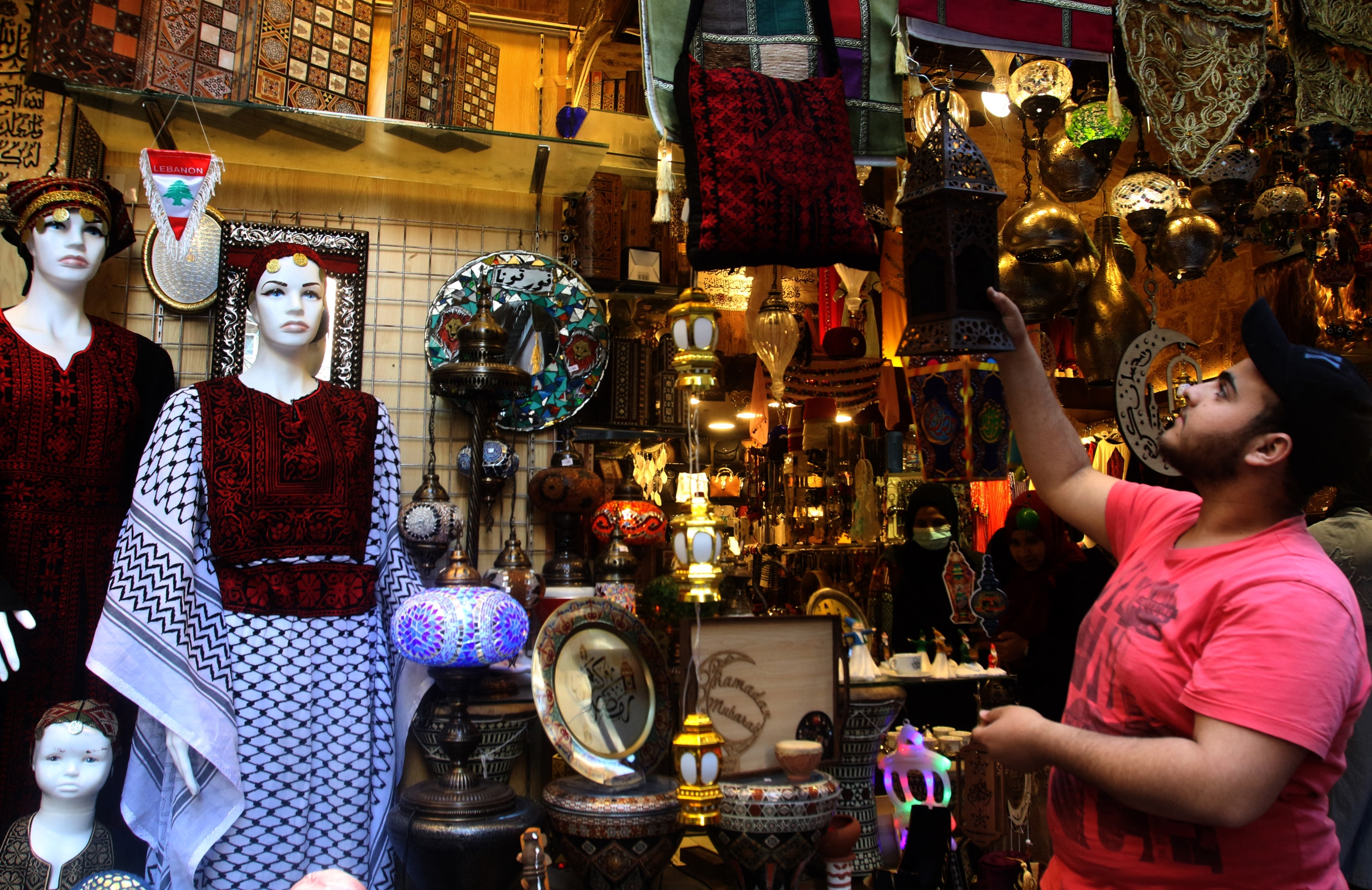Lebanon: Half of families could struggle to afford iftar meal

As the holy month of Ramadan begins, many families in Lebanon could struggle to afford their daily iftar meal.
Amid Lebanon’s economic crisis and the rapid inflation of food prices, a new study from the Lebanon Crisis Observatory has found that a month’s worth of iftar meals for a family of five could now cost two-and-a-half times the minimum wage - currently 675,000 Lebanese pounds. The Lebanese pound is currently trading at around 12,000-15,000 to the US dollar on the black market.
The study found that a month of iftar meals now comes to 1.8m Lebanese pounds, compared with 443,931 in 2018. This calculation does not include traditional sweets or juice.
Since the end of last year, the pound has dropped 20 percent and is now 85 percent below the country’s official exchange rate. The currency collapse has significantly affected every facet of goods and services in Lebanon, particularly as the country imports 80 percent of its necessities from abroad.
According to the Observatory, a standard iftar meal of rice and chicken, fattoush salad, lentil soup and a single date today costs 60,243 Lebanese pounds - a 268 percent increase from the cost of the same meal in 2018.
This year, a sumptuous iftar is a luxury many Lebanese families will simply not be able to afford: more than half are estimated to be currently living below the poverty line.
Nasser Yassin, an associate professor at the American University of Beirut (AUB), who leads the Observatory, told Middle East Eye that the huge price increase would make it extremely difficult for Lebanon’s poorest families to afford even basic food for their meal to break the Ramadan fast.
Yassin explained that the Observatory, a research initiative launched by the AUB, carried out its study by selecting traditional dishes in line with a classic cooking book for recipes from the Middle East.
Researchers then looked at the ingredients and calculated the prices from the last three years. According to Lebanon’s consumer price index, there was an approximately 400 percent price increase on goods throughout 2020.
'The price of oil, of meat, of products that are imported from outside are really, really high'
- Nasser Yassin, the Lebanon Crisis Observatory
The Observatory initially looked at the rise in cost for fattoush, a dish made up of fried flatbread, mixed greens and other vegetables. They found that with this salad alone there had been a 210 percent increase in price from last year. Mostly this was due to the price of olive oil, a key ingredient in fattoush.
“The price of oil, of meat, of products that are imported from outside is really, really high,” said Yassin.
“But local produce has also been affected. This is related to the cost of primary material that is needed for production, such as seeds and pesticides and all the products needed for farming. This is affecting costs across the board.”
Middle East Eye delivers independent and unrivalled coverage and analysis of the Middle East, North Africa and beyond. To learn more about republishing this content and the associated fees, please fill out this form. More about MEE can be found here.





